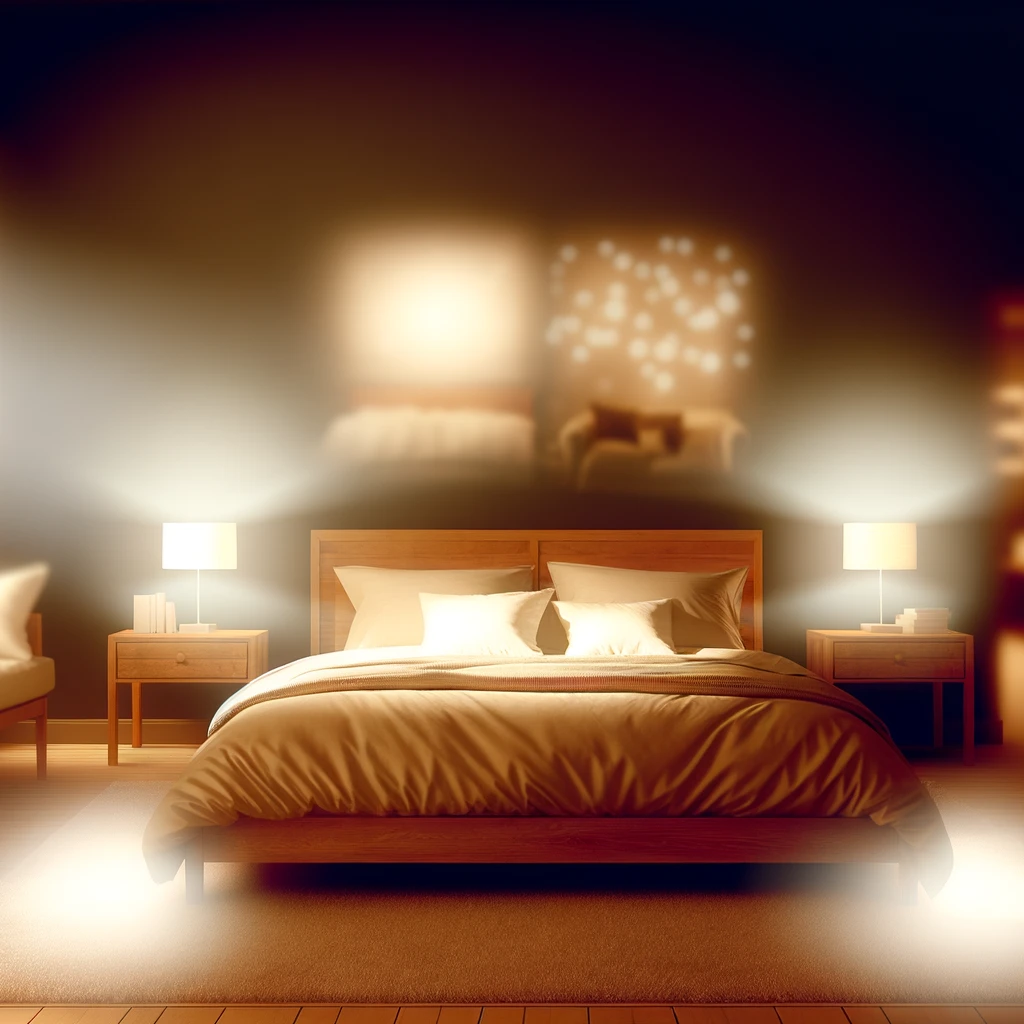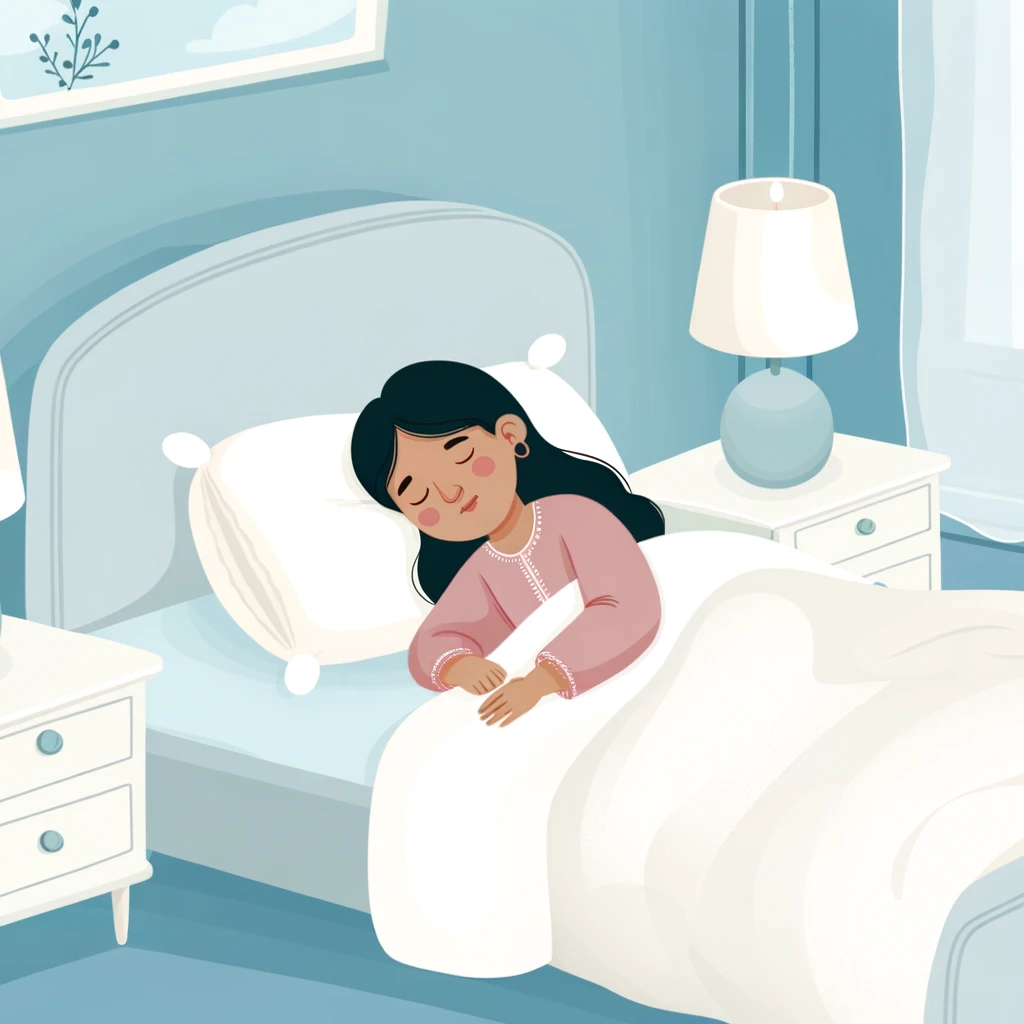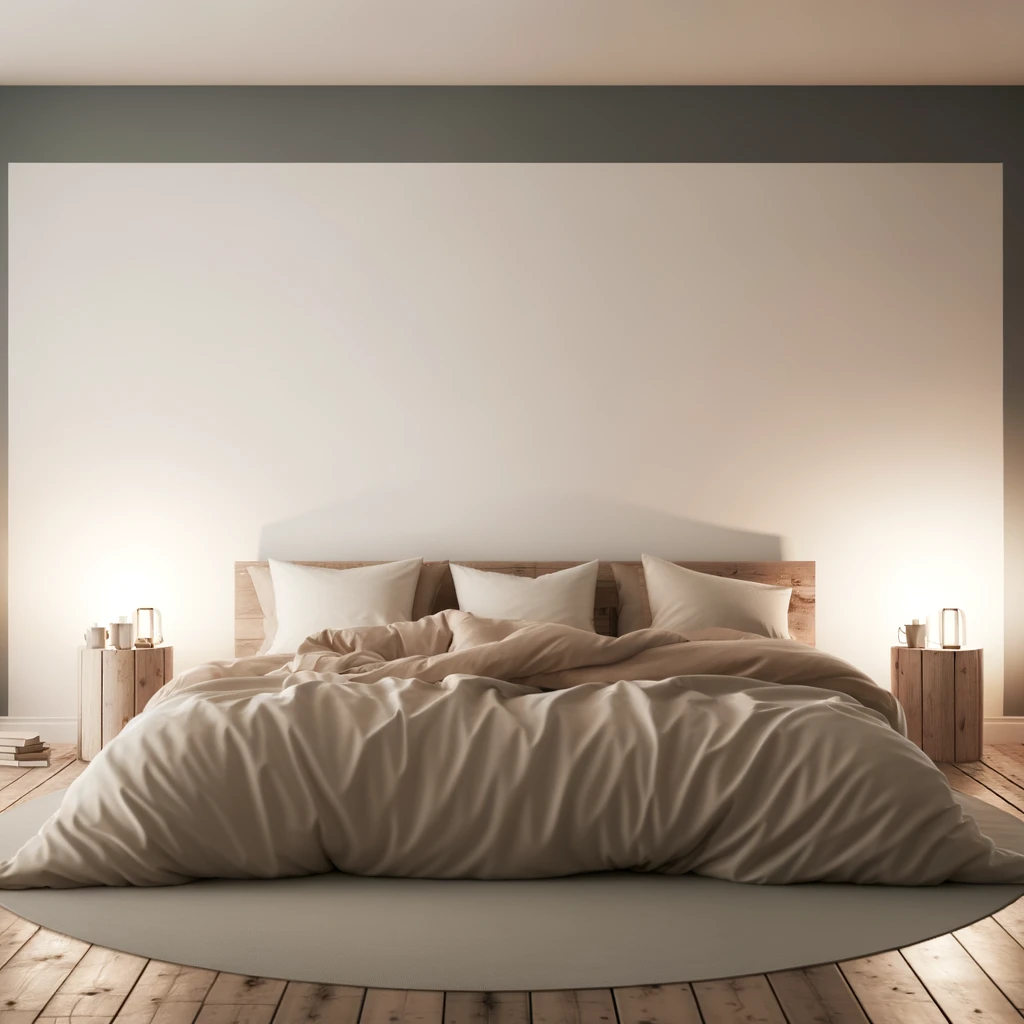Sleep Disorders Demystified: Understanding and Solutions
Sleep is a fundamental aspect of human health, yet many individuals struggle with achieving a restful night due to various sleep disorders. This article delves into the complexities of sleep disorders, offering insights into their causes, types, and potential solutions to help you regain control over your sleep patterns.
Understanding Sleep Disorders
Sleep disorders are conditions that impede the quality, timing, and amount of sleep, leading to daytime distress and impaired functioning. These disorders can be primary, arising independently, or secondary, occurring as a result of other medical conditions or lifestyle factors.
Common Types of Sleep Disorders
- Insomnia: Characterized by difficulty in falling or staying asleep, insomnia is often linked to stress, anxiety, or depression.
- Sleep Apnea: This disorder involves repeated interruptions in breathing during sleep, often leading to loud snoring and fatigue.
- Restless Legs Syndrome (RLS): RLS causes uncomfortable sensations in the legs, creating an irresistible urge to move them, particularly during rest.
- Narcolepsy: A neurological disorder that affects the control of sleep and wakefulness, leading to excessive daytime sleepiness and sudden sleep attacks.
Causes of Sleep Disorders
Several factors contribute to the development of sleep disorders, including:
- Medical Conditions: Chronic illnesses such as asthma, arthritis, and diabetes can interfere with sleep.
- Psychological Factors: Anxiety, depression, and stress are significant contributors to sleep disturbances.
- Lifestyle Choices: Irregular sleep schedules, poor diet, and lack of physical activity can exacerbate sleep issues.
- Environmental Factors: Excessive noise, light, and uncomfortable sleeping environments can disrupt sleep patterns.
Solutions for Sleep Disorders
Addressing sleep disorders often requires a multifaceted approach. Here are some strategies:
Behavioral Therapies
Cognitive Behavioral Therapy for Insomnia (CBT-I) is a structured program that helps individuals identify and replace thoughts and behaviors that cause or worsen sleep problems.
Medical Treatments
For conditions like sleep apnea, devices such as Continuous Positive Airway Pressure (CPAP) machines may be prescribed. Medications can also help manage symptoms of certain disorders.
Lifestyle Modifications
- Healthy Sleep Hygiene: Establishing a regular sleep schedule, creating a restful environment, and avoiding caffeine and electronic screens before bed can improve sleep quality.
- Exercise: Regular physical activity can alleviate stress and improve sleep, though it should be completed several hours before bedtime.
- Dietary Adjustments: A balanced diet rich in nutrients supports overall health and can enhance sleep quality.
Conclusion
Understanding the nature and causes of sleep disorders is the first step toward finding effective solutions. By implementing behavioral strategies, seeking appropriate medical treatments, and making lifestyle changes, individuals can significantly improve their sleep quality and overall well-being.










